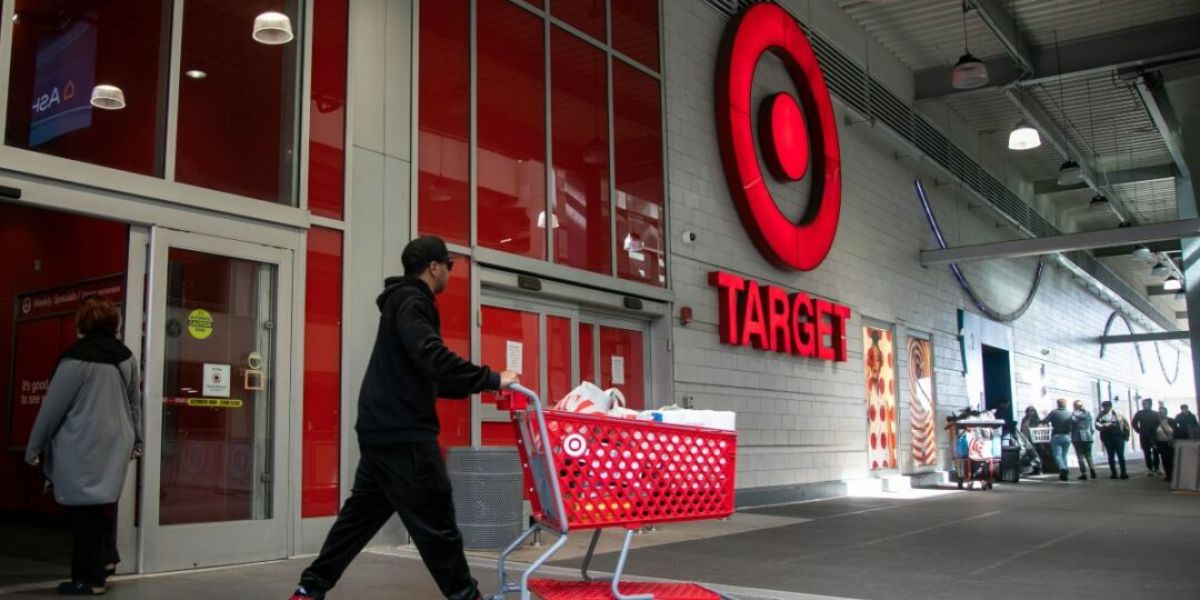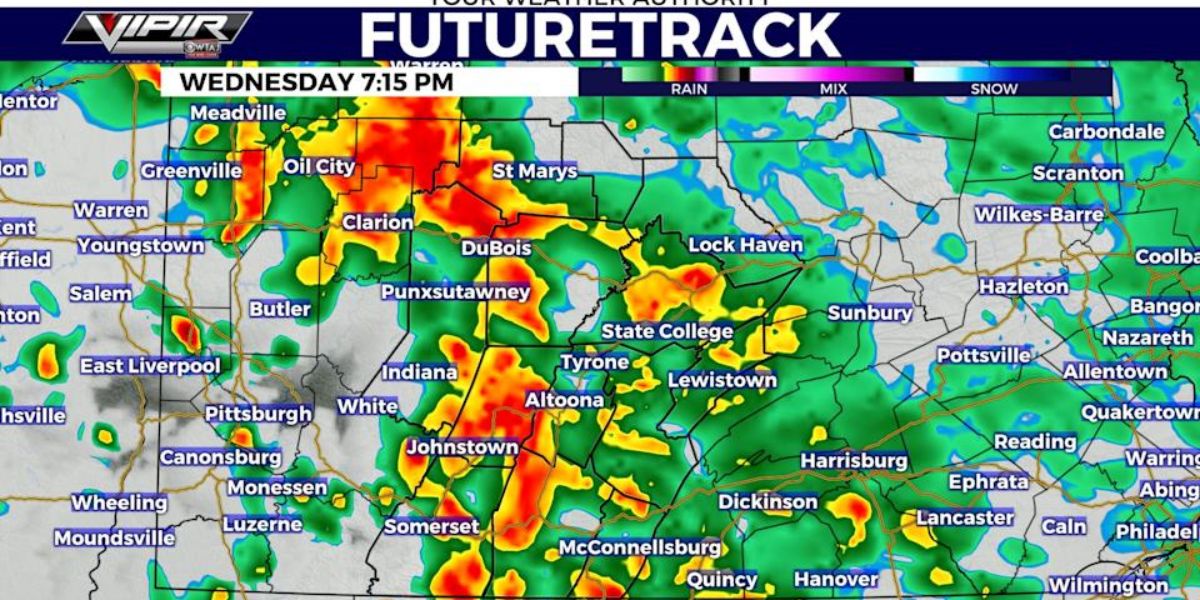Do you frequently go to Target? Well, some stores might increase their prices… Trump’s decision on increasing tariffs has made an impact in and out of the U.S.A. While retail giants like Walmart are already warning about price increases… Target has decided to take a different path: contain prices as much as possible. The company states that it will only pass on the impact of the new tariffs pushed by President Trump to consumers as a last resort.
Trump vs. retail stores (Target)
This stance comes right after Trump himself publicly lashed out at Walmart for suggesting otherwise. The pressure is high: the commercial environment is becoming more uncertain and companies like Home Depot, Lowe’s, and Mattel are juggling to maintain profitability without scaring off consumers. What is going on?
While things settle down, Target shields itself with its adaptability, discounts, and a strategy that bets on diversifying the supply chain, moving away from China to minimize the effects of the 30% tariffs. But… How long will they be able to hold the prices? And what is happening with the other retail giants?
Resist, resist, just resist
Housing Slowdown Ahead? Tariff Tensions Threaten California Real Estate Stability
Brian Cornell, CEO of Target, made it clear in a recent meeting with investors that raising prices will be “the last resort.” Despite the company reporting weaker than expected sales this quarter and having to lower its forecasts for the year… they continue with their priority: not losing consumer trust.
To soften the blow, Target has been applying discounts on more than 5,000 frequently consumed products, with the goal of making sure their consumers don’t feel the inflation and economic uncertainty.
Looking for other suppliers
One of the strong moves Target is making is the geographic diversification of its supply chain. According to Rick Gomez, chief commercial officer, half of the products sold by Target are already manufactured in the U.S. or in countries other than China, which reduces the direct impact of the aggressive tariffs being implemented.
What’s more, the company is trying to make the most of their country and produce more products coming from the U.S.A, which will translate into lower prices, local commerce, and more job opportunities.
Others step cautiously
Walmart was the first to raise its voice: it warned that, soon, consumers would start noticing price increases. Trump, in his usual style, reacted furiously on his social networks (nothing new, by the way) warning that he would keep an eye on Walmart’s moves and that, probably, so would the customers.
The domino effect
Companies like Mattel, Stanley Black & Decker, or Procter & Gamble are also studying possible price adjustments. Even Nike is planning to raise prices starting June 1st. Trump has also threatened to impose 100% tariffs on Mattel after harshly criticizing these presidential measures…
And small businesses?
Of course, these tariffs don’t just affect big companies. Small businesses are also feeling afraid of the economic situation and its uncertainty.
The Chamber of Commerce and the National Retail Federation (NRF) have warned that small businesses will be the most exposed to this situation. Reduced margins, little negotiating power, and dependency on suppliers make many consider that closing or raising prices are their best options…
An uncertain future
Although retail sales barely grew by 0.1% in April, many consumers continue to spend despite the pessimism on the streets. But is that enough? The economic direction this country is heading toward is so uncertain and could change at any moment…
Whatever the outcome is, what’s clear is that it’s not a good time for U.S. retail. And the decisions made in the upcoming months will impact the wallets of millions of households. Will Target be able to keep its promise? And what about the other companies, what will happen to them? We can only wait and hope for the best!

 by
by 

